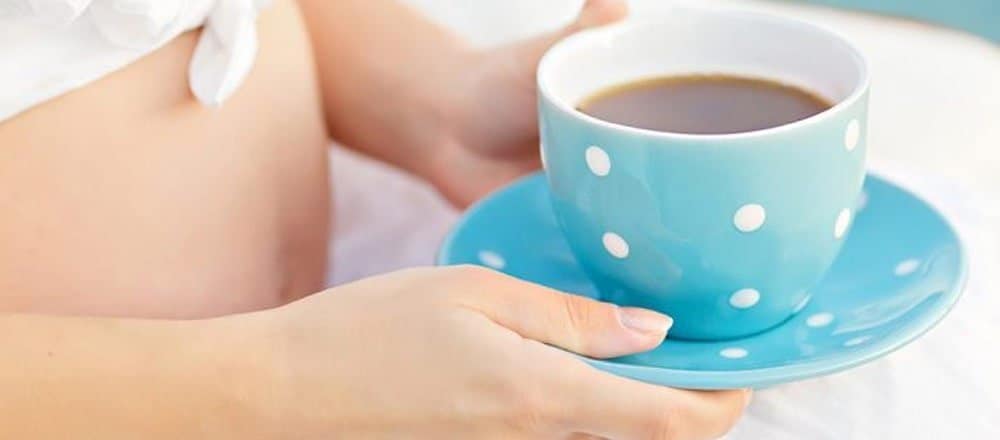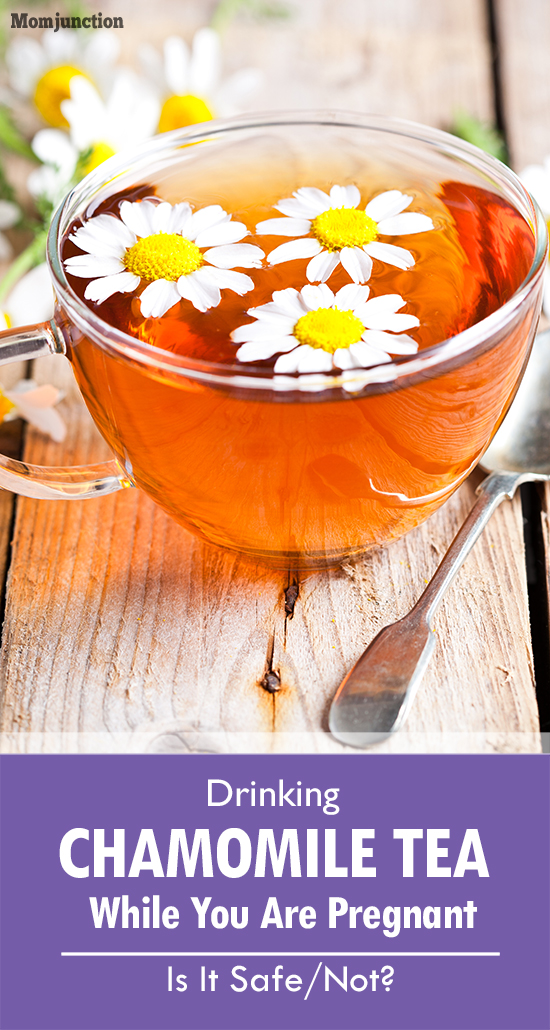
She started drinking one cup a day in the 2 weeks before her lining check, and stopped 6 days before the check. One of the best accounts of how someone felt it helped their treatment, is by Sprinkles and Salt blog HERE. It's known as 'the woman's herb' because it has been used traditionally to remedy all sorts of female issues, from period, to menopause and everything in between.īut it's important to stress that this evidence is only anecdotal. There's a lot of anecdotal evidence that raspberry leaf tea can help implantation. Whilst the Morning Rescue has such a wonderful uplifting zingy flavour, it can perk you up easily! The Get Up & Glow gives you a boost without any caffeine by using grapes as the base. We'd always recommend our Get Up & Glow and Morning Rescue teas as brilliant alternatives to caffeine. But it's a great level to stick to - the same as will be required if you're successful and become pregnant anyway.
#Sleepytime tea while pregnant plus#
This can allow for 1 coffee a day, plus some chocolate. But it's important to say that you shouldn't see this as a reason to cut out all coffee. Having a really high dose of caffeine a day was considered to be as bad as smoking. And one in particular, showed that women who drank more than five cups of coffee a day, were 50% less likely to have a successful implant than women who didn't drink coffee. There are studies in place looking at the impact of caffeine on IVF treatment. It's not a guarantee, but it hopefully has ingredients that can ease stress and hep strengthen your uterus to potentially help with implantation.

I also did research into certain herbs that may also be able to help, and ensured that they are in our Over the Moon menstruation tea - which is the only tea we'd recommend considering. However, there are some key areas around tea, such as reducing your caffeine intake, that can certainly help. The general rule, is that there unfortunately aren't any teas proven to help with IVF in research studies.there aren't actually any research studies! Tea should really be seen as part of a healthy diet, which can definitely impact your treatment to a degree. None of these herbs should be taken while you're pregnant or nursing.I'm often asked if there are any teas that can help if you're undertaking IVF treatment. Mate (or yerba mate) can contain as much caffeine as coffee.Comfrey, kava root, and woodruff may damage your liver.Coca (also known as mate de coca) may contain small amounts of cocaine, according to the U.S.(The brewing process for making tea concentrates the chemicals of the herbs.)Other reasons to avoid certain herbs used in teas:

Note: You can still eat food that contains some of these herbs, like rosemary and anise, because the amounts used in food are generally much smaller than those used in tea-and not as potent. Avoid the rest of the herbs mentioned above if you're pregnant or nursing. It should be used only near term and under the supervision of a healthcare professional. So before you drink ginger tea, be sure to discuss its benefits and risks with your healthcare provider.Īlthough some midwives use raspberry leaf (also known as red raspberry leaf) to aid delivery, its effectiveness hasn't been proven. But there's also some evidence that it may negatively affect fetal sex hormones. Ginger is commonly used to ease morning sickness during pregnancy, and studies have shown its effectiveness and safety for this purpose. since 2004), European mistletoe, hibiscus, horehound, Labrador, lemongrass, licorice root, mugwort, pennyroyal, raspberry leaf, rosemary, sage, sassafras, stinging nettle leaf, vetiver, and yarrow. Herbs that may cause problems include anise, ginger, lime blossom, rose hip, catnip, chamomile, comfrey, ephedra (called ma huang in traditional Chinese medicine and banned in the U.S. Some may even increase the odds of miscarriage, early labor, or low birth weight. Many herbs used in teas, when taken in large or medicinal amounts, can be harmful. If you choose to drink them, do so in moderation and let your doctor know beforehand so you can be sure they're safe for you and your baby. There's not much research about the safety of herbal products, so if that's a concern, it's probably best to steer clear of all herbal teas while you're pregnant and nursing. The herbs in teas are more concentrated than in food, so drinking them may be harmful even if eating them isn't. But drinking excessive amounts of any tea can cause health problems for you and your developing baby. Teas made from herbs like peppermint and thyme may be safe to drink occasionally in small amounts while you're pregnant or nursing.

regulation specifically addresses herbal tea, most of the herbs the FDA considers safe for food use are presumed safe for tea as well. How can I tell which herbal teas are safe to drink during pregnancy?Īlthough no U.S.


 0 kommentar(er)
0 kommentar(er)
